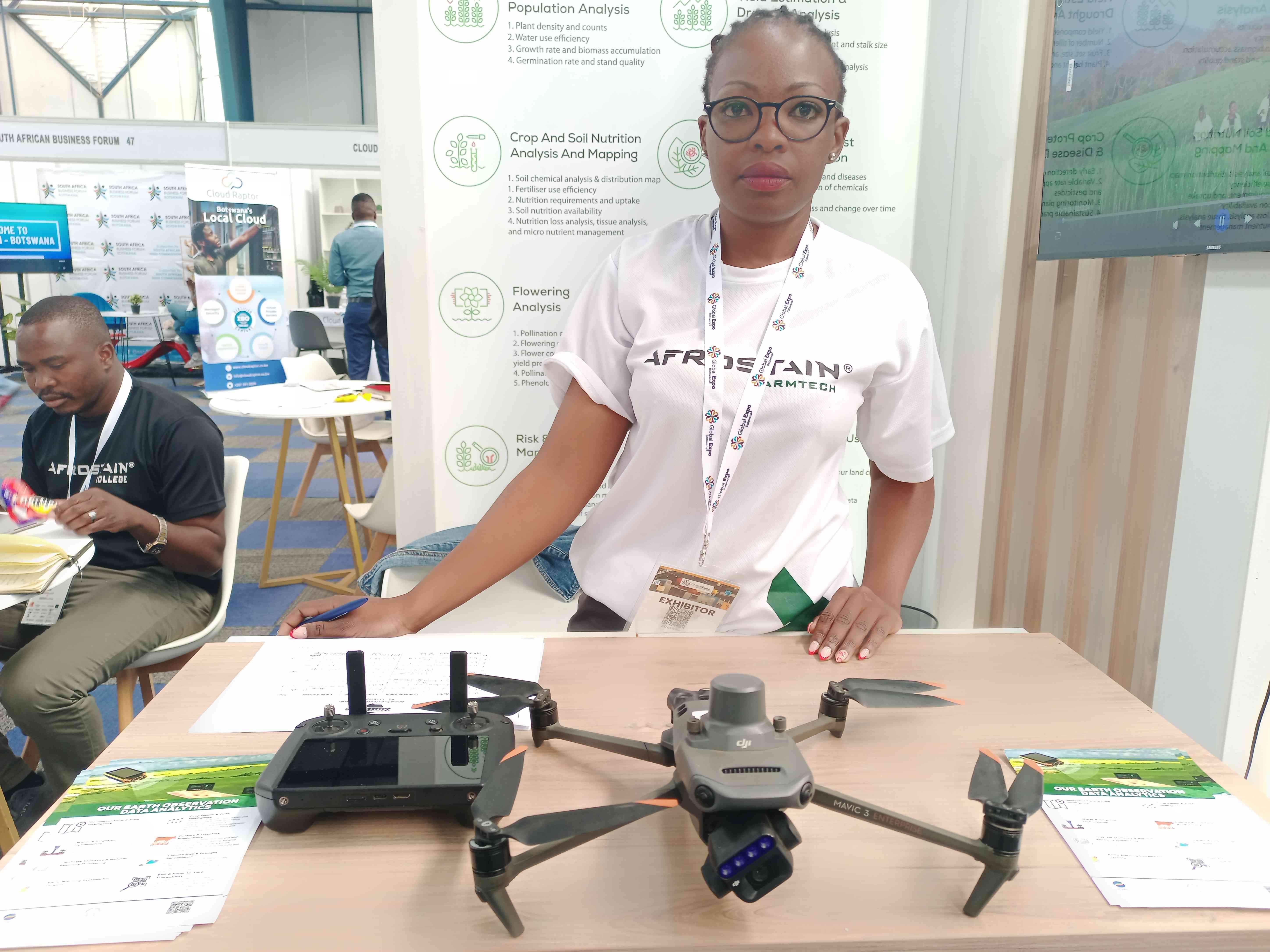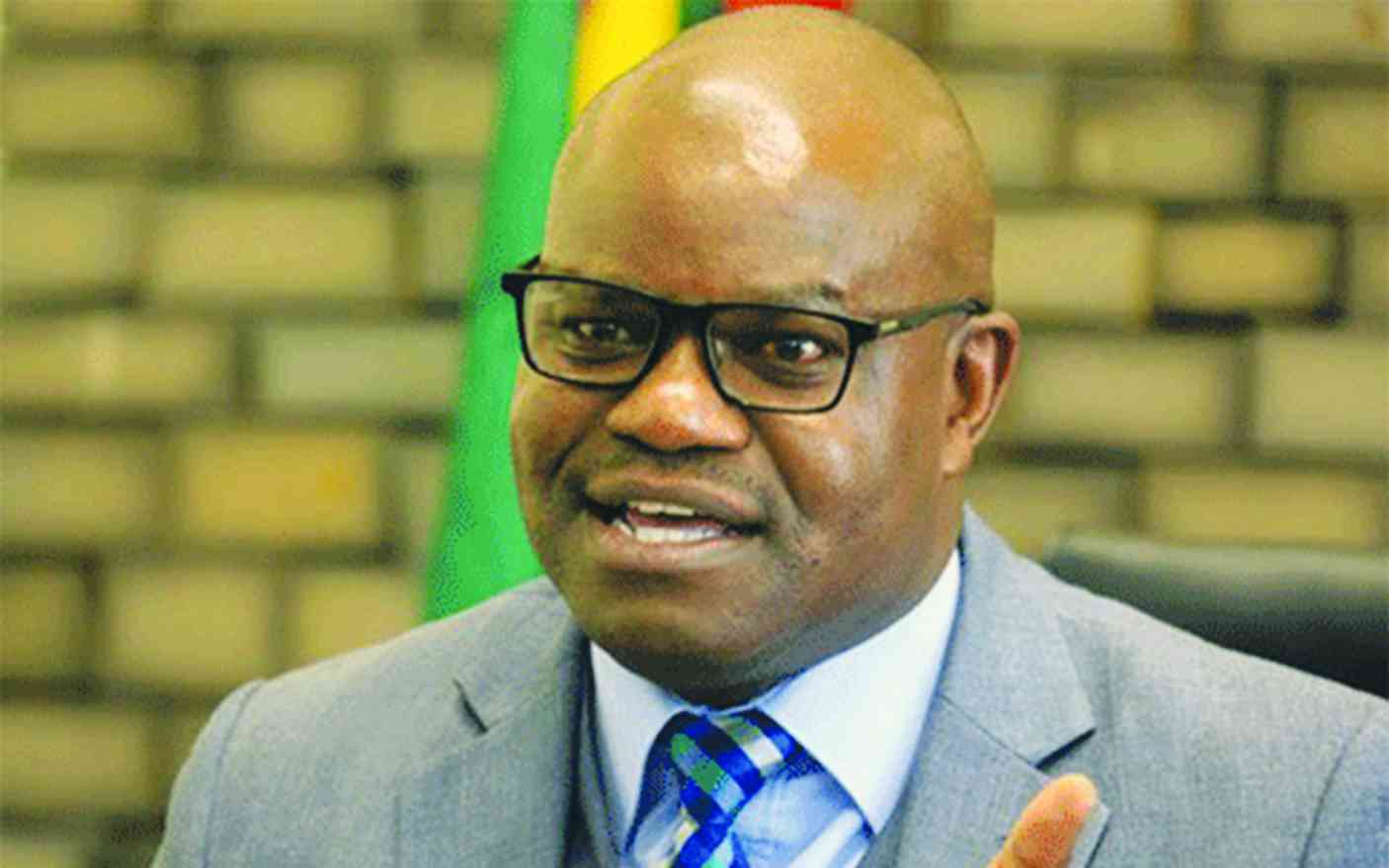
AT the heart of Zimbabwe’s vibrant agri-business sector, two innovative companies are using technology to solve some of the continent’s most pressing agricultural challenges.
Afrostain Farmtech and the FreeTrader Agri-produce Exchange Platform are showcasing their unique services at the Global Expo Botswana, facilitated by ZimTrade, and are poised to make a significant impact on the region’s farming landscape.
For Afrostain Farmtech, the mission is to empower farmers with precise, practical tools that boost productivity and protect the environment.
As Siphosenkosi Samakiwa, the company’s client success manager, explained, their approach is deeply personalised.
“At Afrostain Farmtech, we empower farmers by developing real-time, practical, precision farming solutions tailored to their specific operations,” said Samakiwa.
“Our goal is to increase production, ensure a return on investment, and promote food security across Africa.”
The company moves beyond generic advice, offering a suite of custom-built services. These include underground water potential surveys, land use planning, and detailed land capability testing.
This data-driven strategy ensures that farmers can use their vital resources—such as fertilisers, water, and labour—as efficiently as possible. The result is maximised output with minimised waste and environmental impact.
- Students develop mobile app to support SRHR learning
- Cops arrested for conning ICT perm sec
- Hwange communities tackle human-wildlife conflicts, crime
- Students develop mobile app to support SRHR learning
Keep Reading
“We actively promote sustainability in all farm operations to protect the environment,” Samakiwa added.
With an established footprint across Tanzania, Zambia, and Mozambique, Afrostain is no stranger to the region.
“We are now expanding our efforts to assist even more farmers in Botswana,” Samakiwa said.
While Afrostain focuses on optimising production, FreeTrader tackles the critical next step: getting the produce to market efficiently and profitably, especially for smallholder farmers.
Innocent Greats, chief executive officer at FreeTrader, explained that the platform creates vital market linkages.
“We connect them with buyers by aggregating their produce to meet large-volume demands—whether for local or export markets,” he said.
For instance, FreeTrader can combine smaller quantities from multiple farmers to fulfil a substantial order of 100 tonnes.
One of the platform’s most impactful innovations addresses cash flow, a chronic issue for farmers. Buyers often operate on 60- to 90-day payment terms, but farmers need immediate funds for their next planting season.
FreeTrader’s solution is to facilitate agricultural financing, paying the farmers upfront while the company waits for payment from the buyer.
The platform also streamlines logistics, coordinating warehouses and transporters. For highly perishable goods such as tomatoes, they provide access to cold storage.
“For example, we can help ensure tomato availability in Botswana during the low-production months of December to February,” Greats noted.
Beyond individual transactions, FreeTrader uses its digital ecosystem to map supply and demand across regions, efficiently moving goods from areas of surplus to those with shortages.
Previously operating as consultants, the team has now built a digital platform where farmers, warehouses, transporters, and buyers can register and connect. This network generates valuable data that optimises the entire agricultural value chain.
A key strategic goal is to embed their platform within major African trade agreements such as the African Continental Free Trade Area, Common Market for Eastern and Southern Africa, and Southern Africa Development Community (SADC).
“The challenge is that while trade agreements exist, the practical tools to implement them are often missing,” Greats stated.
FreeTrader aims to provide that missing link, offering the transparency and verified data needed to streamline cross-border trade.
“We have engaged with SADC executives, including the director of trade and manufacturing in Botswana, who have expressed strong support for this initiative,” he added.
“By leveraging technology, we are making it easier for the next generation of farmers to trade across Africa.”











